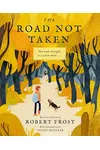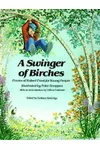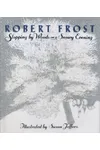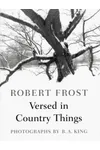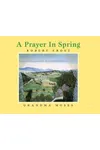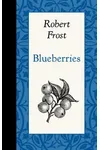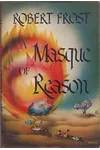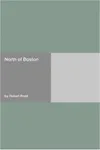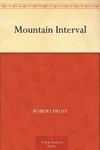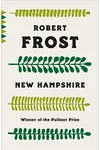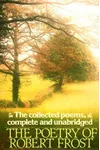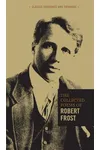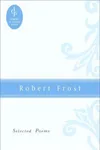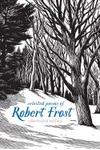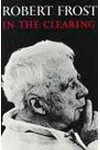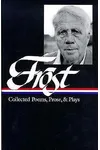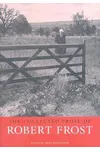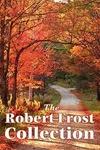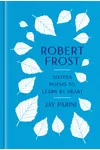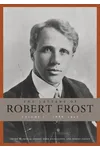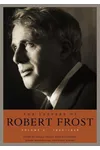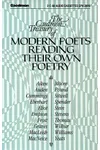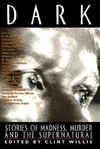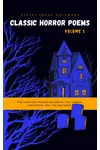Picture a New England poet weaving tales of snowy woods and winding paths—meet Robert Frost! Born in 1874, this American icon captured rural life with a voice so real, you’d swear you were chatting with a farmer over a fence. His knack for blending everyday speech with profound truths earned him four Pulitzer Prizes and a permanent spot in poetry’s hall of fame.
Frost’s work feels like a walk through a frost-kissed field: simple at first glance, but layered with meaning. From the quiet beauty of 'Stopping by Woods on a Snowy Evening' to the life-altering choices in 'The Road Not Taken,' his poems resonate with anyone who’s ever pondered life’s big questions.
The Making of Robert Frost
Robert Lee Frost was born in San Francisco, but New England shaped his soul. After his father’s death, 11-year-old Frost moved to Massachusetts, where mills and meadows became his backdrop. He dabbled in odd jobs—teaching, farming, even shoe-making—while scribbling poems in his spare time. His early work went unnoticed, so in 1912, he took a bold leap, moving his family to England. There, poets like Edward Thomas saw his genius, and his first collection, A Boy’s Will, hit shelves in 1913.
Back in America by 1915, Frost settled in New Hampshire, letting its rugged landscapes fuel his pen. His persistence paid off: readers fell for his authentic voice, and he became a literary star.
Robert Frost’s Unforgettable Poems
Frost’s poetry is like a fireside chat—warm, familiar, yet profound. His style blends conversational rhythms with vivid imagery, turning rural scenes into meditations on life, choice, and nature. He didn’t just write about New England; he made its birch trees and stone walls universal symbols.
The Road Not Taken (1916) is his most famous work, a reflection on choices and their lasting impact. Its closing line, “I took the one less traveled by, / And that has made all the difference,” inspires dreamers and doers alike. Stopping by Woods on a Snowy Evening (1923) paints a haunting scene of a traveler pausing in a snowy forest, wrestling with duty and desire. Mending Wall (1914) explores boundaries—literal and figurative—through a neighborly ritual of fixing a stone wall. And Birches (1916) captures the joy of youth, with a boy bending birch trees, alongside musings on life’s highs and lows.
His themes—freedom, isolation, human struggle—feel timeless, delivered in a voice that’s both accessible and layered. Frost’s genius lay in making the ordinary extraordinary, inviting readers to see the world anew.
Why Robert Frost Matters
Frost’s influence stretches far beyond poetry. His work shaped American literature, inspiring writers to embrace everyday language without sacrificing depth. Schools teach his poems, from middle grades to universities, because they spark discussions about life’s complexities. His four Pulitzer Prizes (1924, 1931, 1937, 1943) cemented his status, but his true legacy is in readers’ hearts—anyone who’s paused to reflect on a “road not taken” owes a nod to Frost.
He also humanized poetry, making it less lofty and more like a conversation with a wise friend. Today, his words live on in quotes, classrooms, and quiet moments of reflection.
About Robert Frost
- Born: March 26, 1874, in San Francisco, California
- Key Works: The Road Not Taken, Stopping by Woods on a Snowy Evening, Mending Wall
- Awards: Four Pulitzer Prizes for Poetry
- Died: January 29, 1963, in Boston, Massachusetts
Ready to wander through Frost’s world? Grab Stopping by Woods on a Snowy Evening and lose yourself in his timeless, soul-stirring poetry!

